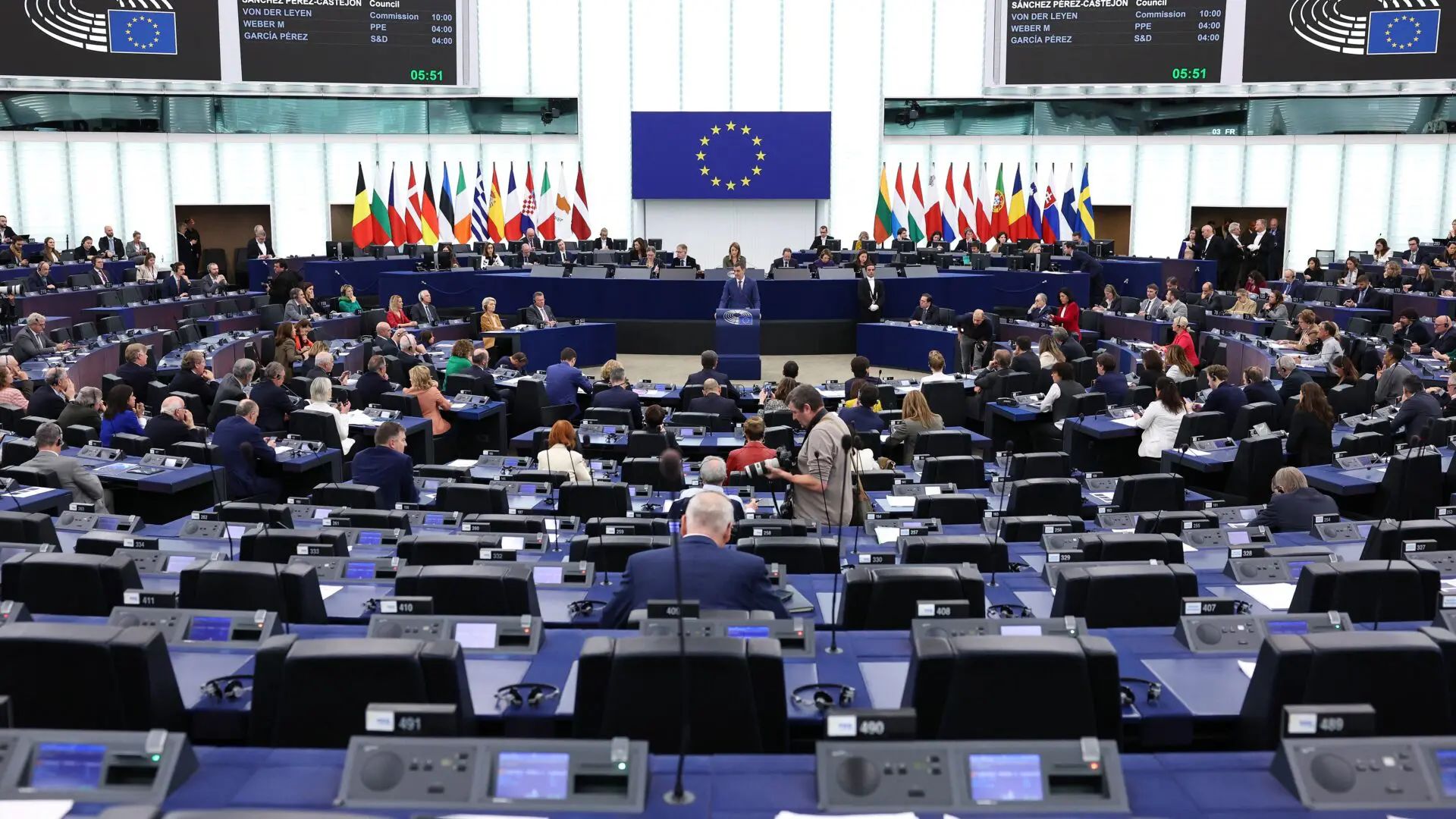
Petrol and diesel beat electric vehicles 16 to 1
The electric vehicle is still not taking off in Spain and, although sales are rising month by month, at the current rate the targets set by the government to advance in the decarbonisation of road transport, one of the largest CO2 emitting sectors, will not be achieved. For every electric car, 16 cars with petrol and diesel engines are sold in Spain.
The registration of electrified vehicles (pure electric and plug-in hybrids, including passenger cars, two-wheelers, commercial and industrial vehicles) amounted to 79,145 between January and July, 39.2% more than in the first seven months of 2022.
In July alone, 10,830 units were sold, 39.4% more, according to data from the Business Association for the Development and Promotion of Electric Mobility (Aedive) and the National Association of Vehicle Dealers (Ganvam).
In passenger cars alone, sales of electrified cars rose by 49 % up to July, with 65,946 registrations, accounting for 10.7 % of the total market. In the set of industrial, commercial and industrialismos, the quota was 9.8 %, according to the same source source.
PETROL AND DIESEL CONTINUE TO OUTPERFORM ELECTRIC VEHICLES 16 TO 1
At the same time, sales of petrol vehicles rose by 21% to 212,356 units and diesel vehicles by 5.78% to 158,345 units.
Non-plug-in hybrids (vehicles that run almost entirely on the combustion engine) accounted for 137,941 registrations between January and July, with a year-on-year growth of almost 31 %.
These figures mean that for every one hundred per cent electric vehicle, 16 units were sold of those that use fossil fuels for all or part of the journey, which continue to outstrip the other alternatives by a landslide.
According to Anfac, although it is growing month by month, the Spanish electrified market is still far below the pace and volume needed to meet the minimum sales milestones.
Thus, in the first seven months, 110,000 units would have to be registered to reach the target of 190,000 sales in 2023, the manufacturers have assured.
FAR FROM THE TARGETS
Similarly, Aedive and Ganvam consider the rate of sales of electrified vehicles to be “insufficient” to meet the targets set out in the draft of the National Integrated Energy and Climate Plan 2023-2030, which sets the target of 5.5 million electrified vehicles for 2030 at 5.5 million.In order for this ambition to be achieved, it must be accompanied by effective measures, stressed both associations, which also point out the need to achieve a stable government as soon as possible so as not to paralyse the decarbonisation strategy.This strategy should be supported by direct purchase aid and tax incentives that make the purchase of an electrified vehicle more attractive, as well as by speeding up the deployment of the charging infrastructure.











